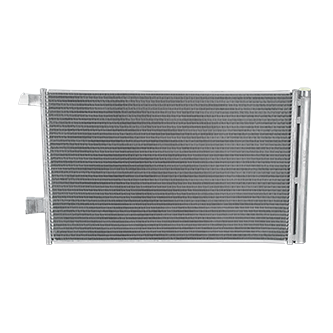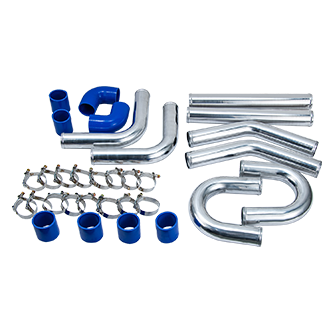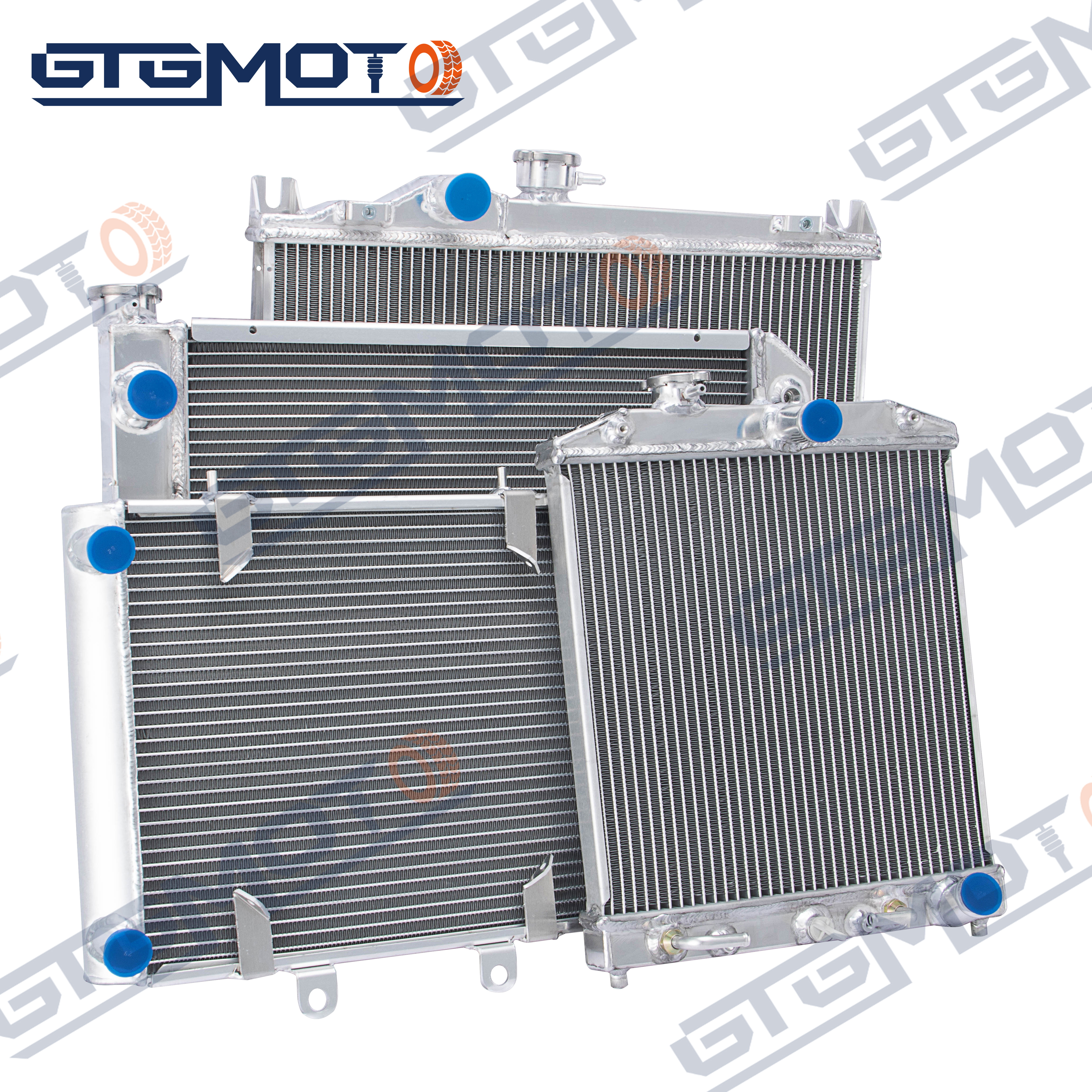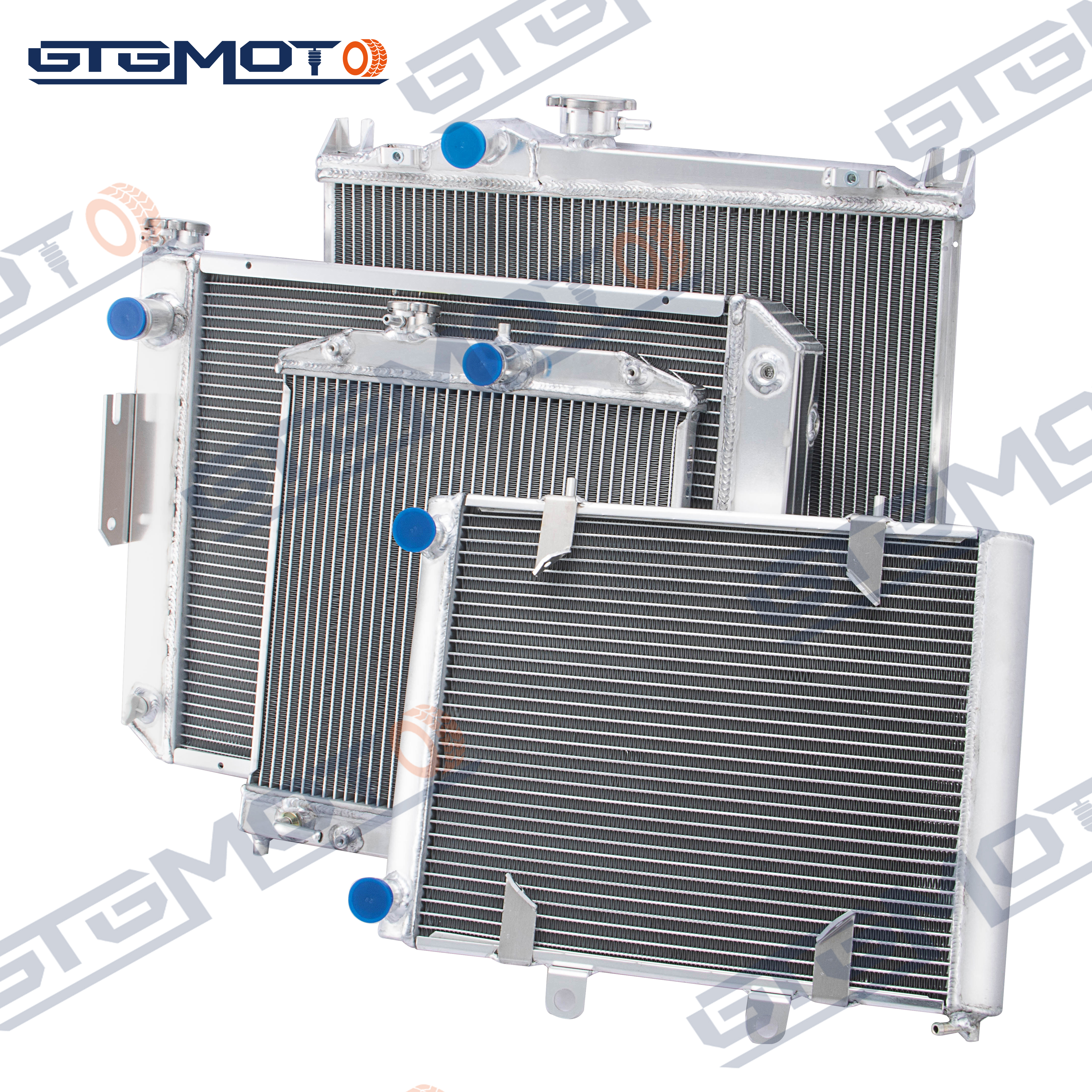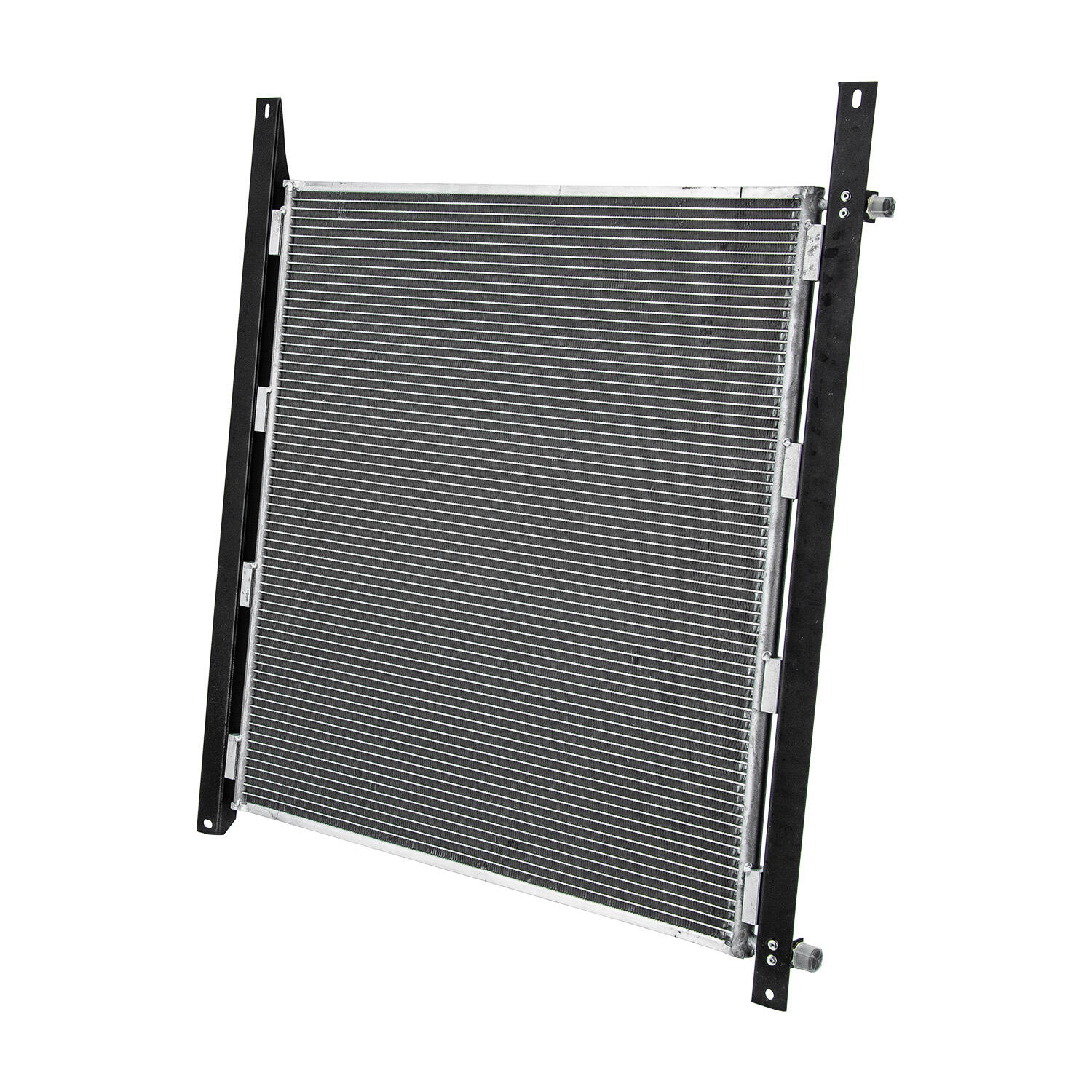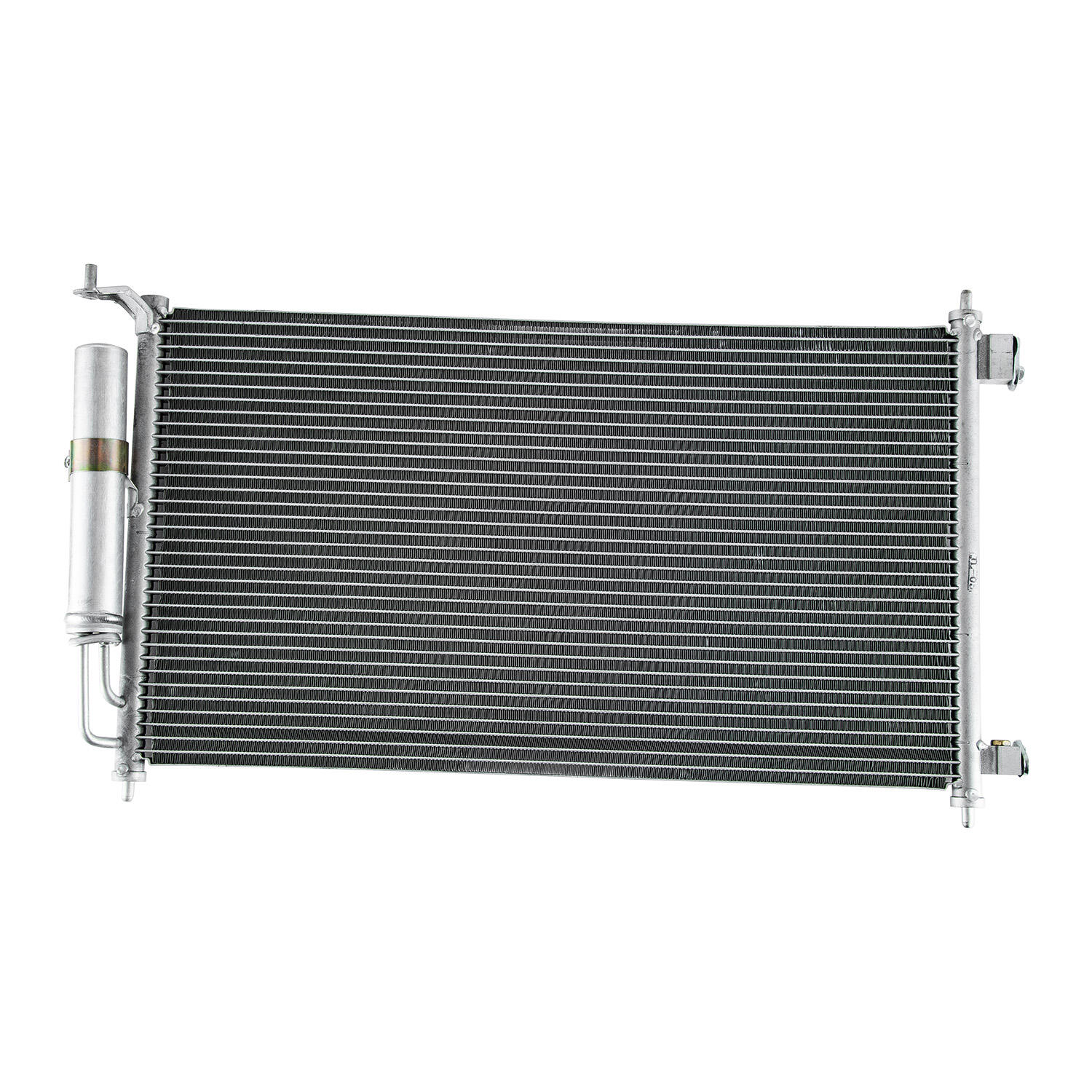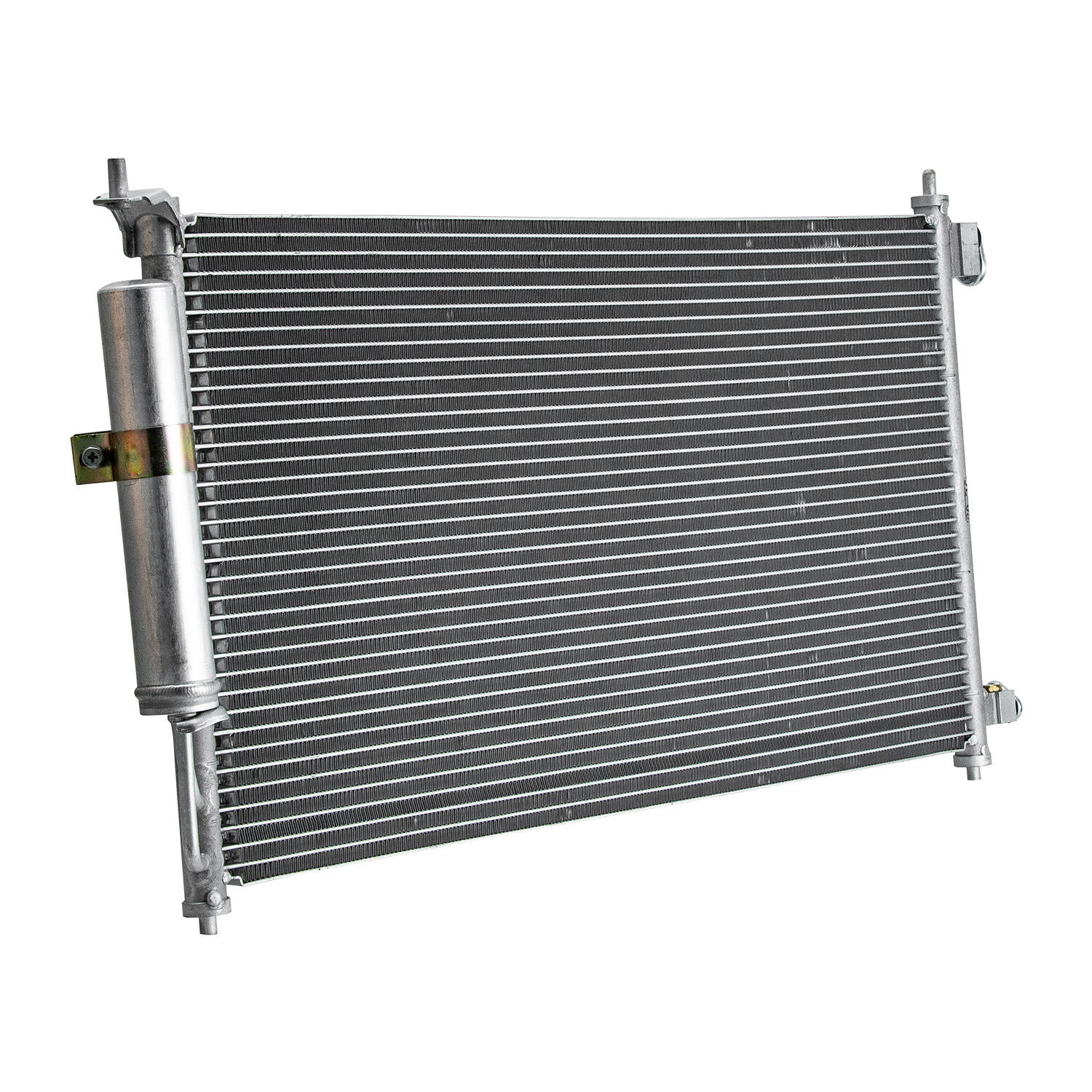air conditioner condenser
The air conditioner condenser is a vital component in modern cooling systems, serving as the primary heat exchange mechanism that transforms hot refrigerant vapor into a liquid state. Located in the outdoor unit of an air conditioning system, this essential device consists of copper or aluminum coils designed to facilitate efficient heat transfer. When warm refrigerant vapor enters the condenser, it releases heat into the surrounding air through the condensation process, effectively cooling the refrigerant and converting it back into a liquid state. The condenser employs advanced fin and tube technology, maximizing surface area for optimal heat dissipation. Modern condensers incorporate innovative features such as micro-channel technology and enhanced surface treatments that improve thermal conductivity and overall system efficiency. These units are engineered to withstand various weather conditions and typically include protective casings and rust-resistant materials to ensure longevity. The condenser works in conjunction with other system components, including the compressor and evaporator, to maintain consistent cooling performance throughout the air conditioning cycle. Its design also incorporates whisper-quiet fan operation and strategically placed components to minimize operational noise while maximizing airflow across the condensing coils.

